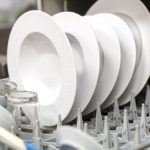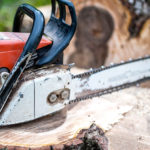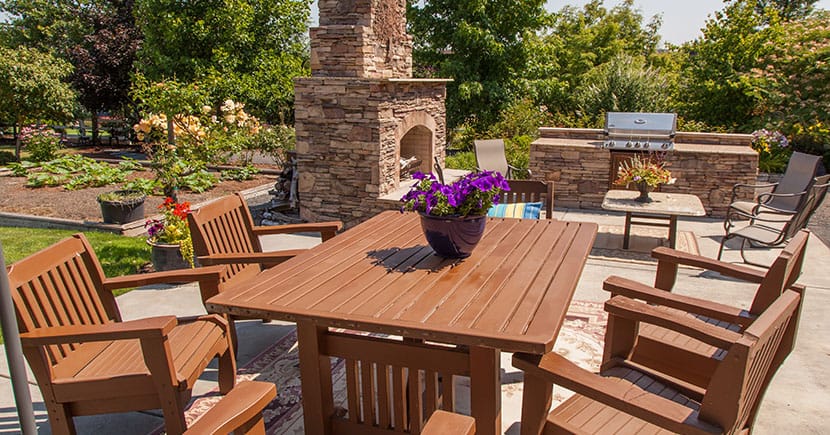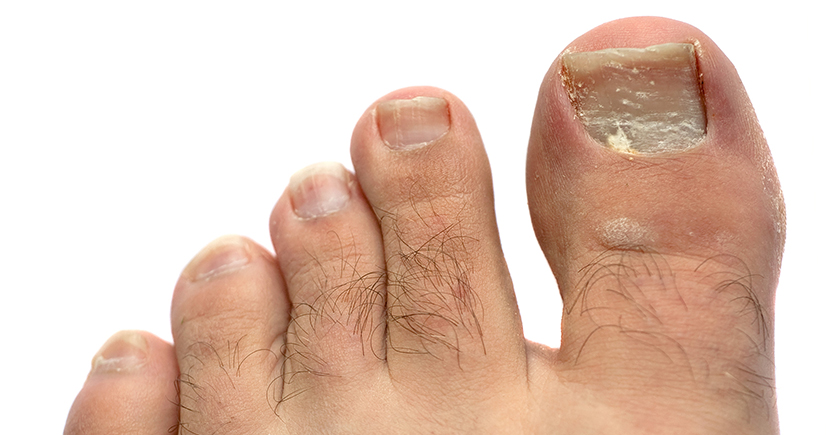When it comes to your AC unit, you need to be vigilant with anything you spot unusual. For instance, if you observe that the area under the outside AC unit is moist or covered with water, you should be worried and may be tempted to call an air conditioning repair service. Before you panic, you should run a complete check to troubleshoot the problem and prevent it from turning into a big one. So, let’s take a look at what you can do to fix the water problem.
Water Buildup Stems From Moisture
If you are aware of how Air Conditioners work, you would worry less about the water buildup underneath your outside unit. The reason is that air conditioners exit some water while running or after turning them off. This is the same case with vehicles as well. While the air conditioner is running inside your vehicle, you will observe water droplets underneath the vehicle. This is why you do not need to panic.
The reason is that air conditioners work by removing heat. The cooling process involves your outdoor unit to pump refrigerant through your system to gather both moisture and heat inside your home.
This combination is then forced over the cooled indoor coil where the warm air is pumped outside while the cooled air is circulated inside the house. While the exchange takes place, the moisture in the air condenses on the coil and as a result, drips on the condensate pad. Therefore, if you notice an excessive amount of water underneath the unit, there might be several reasons behind that and you should get the help of an HVAC expert.
Might Be A Clog
One of the major reasons behind a clog is mold, dirt, and algae. Some homeowners tend to use chlorine to remove visible obstructions and even flush the drain line using it. On the other hand, some homeowners also tend to use a skewer or a wooden craft stick to attempt to clear the lines, which is not recommended. Believe it or not, some homeowners try to drill holes as well, which only leads to bigger expensive problems.
In addition to that, it could also be air leakage. If the seals of your outdoor unit are not tight and intact, it will allow warm air to sneak in and merge with cool air. This will lead to condensation and excess moisture inside the house. Therefore, it is suggested that if you find a puddle of water underneath your outside AC unit, you should check for air leakages as well.
Another major reason contributing to excess water buildup is the cool outdoor temperature. Sometimes homeowners tend to run the air conditioners even when the temperature outside has dropped significantly. This does not allow the water, which otherwise evaporates due to the cooler temperature outside. In some cases, the water might also turn to ice. However, the problem will solve itself once the temperature outside rises or your turn the AC for a while.
Lastly, the improper AC installation might also lead to excess water buildup. This usually happens when the technicians are installing the unit in your house. If they forget to tighten some bolts or attach the pipes properly, water might leak from certain places. This is why you do not need to panic as this problem can easily be solved as well.
You Need To Perform Annual Maintenance
Apart from the excess water buildup, it is important that you perform annual maintenance on your air conditioner as well. Performing annual maintenance cleans the unit from inside out and prevents it from getting clogged as well. Furthermore, if there are any leakages, the expert will fix them before they turn into expensive ones. Air conditioners like other household appliances do require proper maintenance. Part of the process involves checking the evaporator coils, cleaning the fans, and inspecting other components. This way you will be able to prevent any problems that might arise in the future.
Final Word
This blog aimed to help you troubleshoot the water puddle problem underneath your outside AC unit. If any of the above solutions do not work, get a professional HVAC repair service McLean to help you fix the problem instead of permanently harming your unit with do-it-yourself hacks.








